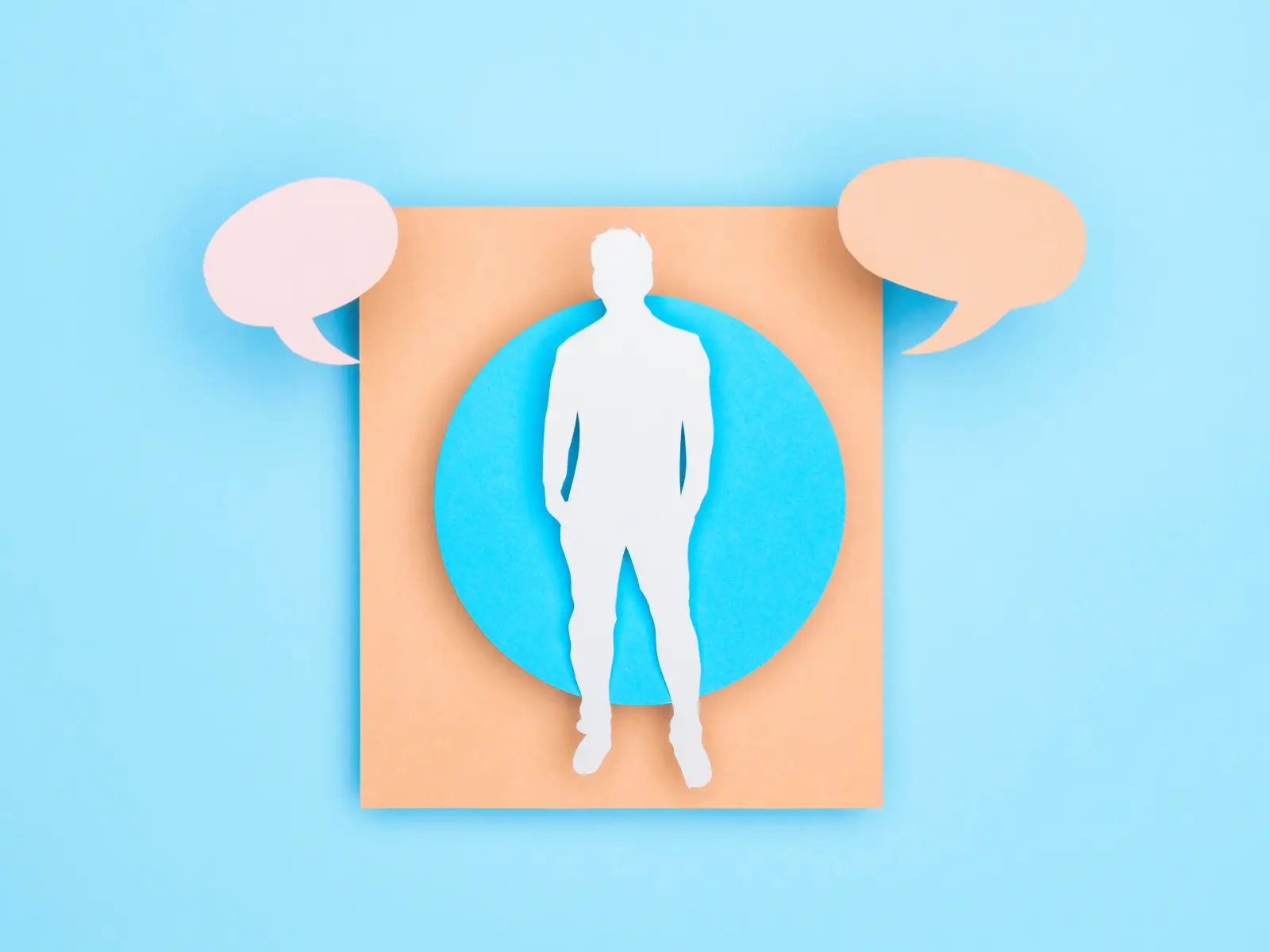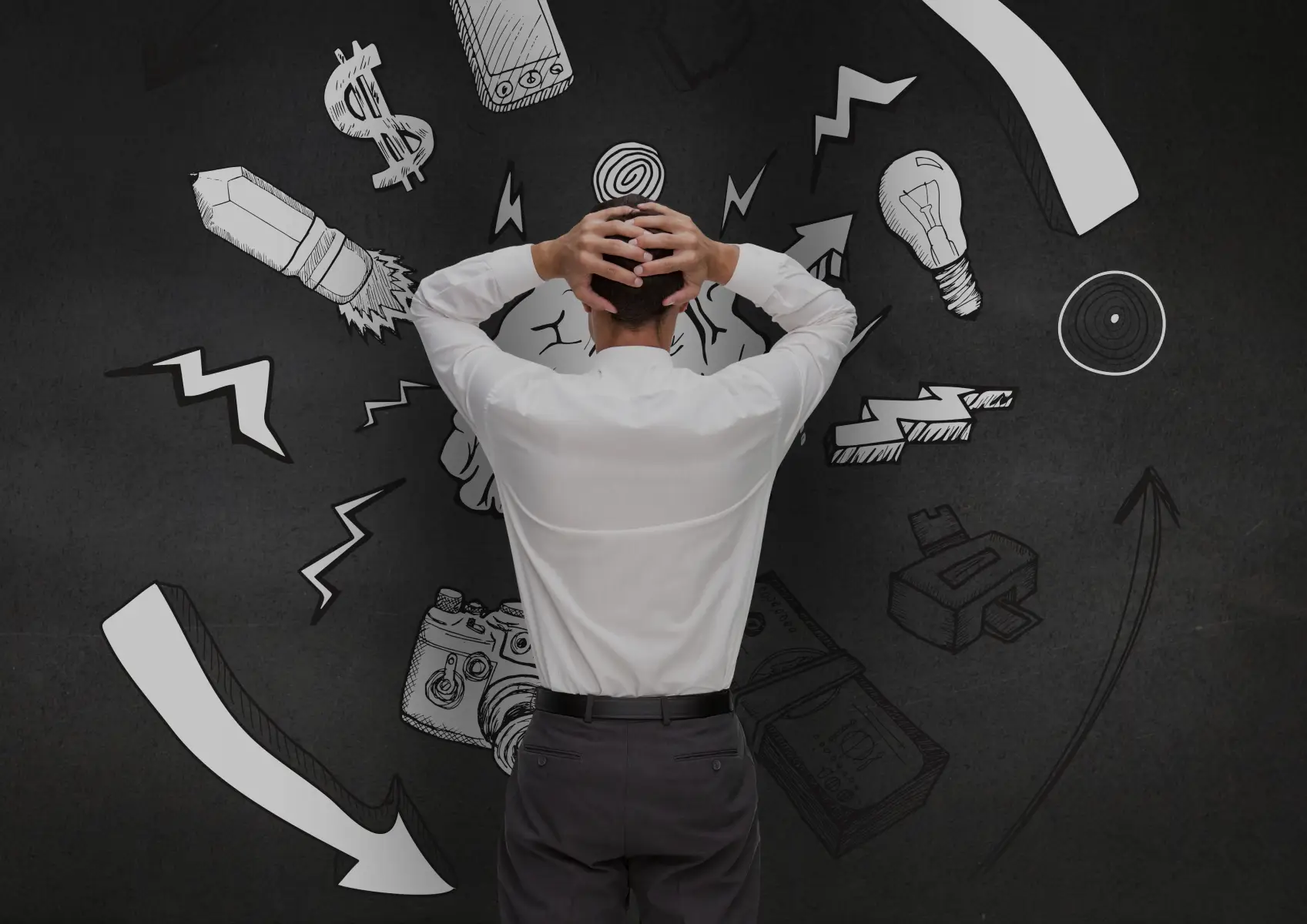Introduction to Comorbidity
The connection between depression and physical health is well established, with both conditions often amplifying each other in a complex relationship known as comorbidity. Depression is not just a mental health issue; its effects extend beyond emotions and cognition to impact the body in profound ways. Similarly, chronic physical health conditions can increase the risk of developing depression, creating a cyclical pattern that can be challenging to break.
In the UK, around 1 in 4 people will experience a mental health problem each year, and many of those individuals will also deal with physical health issues. Recognising the interplay between depression and physical health is vital for managing both conditions effectively. In this article, we explore how depression affects the body, delve into the importance of integrated health approaches, and provide practical self-care strategies to help manage these interconnected challenges.
How Depression Affects Physical Health
Depression doesn’t only alter how you feel emotionally—it can take a significant toll on your physical well-being. The combined effects of hormonal imbalances, behaviour changes, and prolonged stress responses play a major role in deteriorating physical health.
1. The Stress Response and the Body
Prolonged depression keeps the body in a heightened state of stress, engaging the “fight-or-flight” response. This can lead to:
- Raised cortisol levels, which affect the immune system, making the body more susceptible to illness.
- Increased blood pressure and heart rate, raising the risk of heart disease.
2. Impact on Heart Health
Research has shown a strong correlation between depression and cardiovascular health problems. Depression increases behaviours (like smoking or unhealthy eating) that can contribute to heart disease, while the accompanying physiological stress can increase the risk of heart attacks and strokes.
3. Digestive Health Complications
Depression often disrupts appetite and digestion, resulting in symptoms like:
- Weight changes due to overeating or loss of appetite.
- Gastrointestinal issues such as nausea, irritable bowel syndrome (IBS), or indigestion.
This interplay between mental health and the digestive system, often called the “gut-brain axis,” highlights how the two are inseparably connected.
4. Chronic Pain
Depression can intensify physical pain and make recovery from injuries and illnesses slower. Individuals with depression often report experiencing:
- Headaches and migraines.
- Joint or muscle pain without a clear physical cause.
- Worsened chronic conditions like arthritis or fibromyalgia.
5. Sleep Disruption
One of the hallmark symptoms of depression is disrupted sleep, which impacts the body’s ability to repair itself and maintain optimal functioning.
- Insomnia can worsen exhaustion, reduce immune response, and increase vulnerability to physical health issues.
- Hypersomnia (excessive sleeping) can lead to lethargy and lower daily physical activity levels, indirectly harming health.
Taking into account these physical effects highlights why managing depression also requires a focus on physical health to break the cycle and restore balance.
Managing Both: Integrated Approaches
Treating depression and its associated effects on physical health requires an integrated approach that addresses both mind and body. A collaborative care model is often the most successful, combining medical, psychological, and lifestyle interventions.
1. Collaborative Care Between Specialists
Working with both mental health professionals and physical health doctors is key. GPs, psychiatrists, and psychologists are equipped to address depression’s mental impact, while specialists like cardiologists or physiotherapists can focus on physical health. Integrating these treatments ensures no aspect is overlooked.
2. Medication for Depression and Physical Symptoms
Antidepressants like Selective Serotonin Reuptake Inhibitors (SSRIs) are often effective in treating mood symptoms, but they can also have physical benefits, such as:
- Improving sleep regulation.
- Reducing physical pain or headaches associated with depression.
At the same time, physical health treatments should aim to minimise elements that might worsen depression symptoms, such as medication side effects or prolonged recovery times.
3. Psychotherapy and Holistic Health Care
- Cognitive Behavioural Therapy (CBT): Helps individuals manage unhelpful thoughts and behaviours that may exacerbate both depression and physical symptoms (e.g. avoiding exercise due to low mood).
- Mindfulness-Based Therapy: Has shown significant benefits in reducing stress-related physical symptoms while improving emotional resilience.
4. Regular Monitoring and Adjustments
Conditions treated in isolation often miss the bigger picture. Regular check-ins with healthcare providers ensure treatments remain effective for both depression and physical health, with adjustments made accordingly.
An integrated approach reinforces the link between physical and emotional health, teaching individuals how managing one profoundly impacts the other.
Self-Care Recommendations
While professional help is essential, self-care plays a critical role in managing depression and physical health challenges. Incorporating these changes into daily life can accelerate recovery and improve overall well-being.
1. Exercise Regularly
Exercise releases endorphins, the body’s natural mood booster, while also addressing physical health challenges such as high blood pressure, weight management, and fatigue.
- Choose moderate-intensity exercises like walking, yoga, or swimming.
- Set achievable goals, such as 20–30 minutes of exercise a few times a week.
2. Focus on Nutrition
A balanced diet can improve both mood and physical health:
- Foods to Include: Leafy greens, fatty fish (rich in omega-3s), whole grains, and foods high in antioxidants.
- Reduce Intake of: Processed foods, refined sugars, and caffeinated drinks, which can exacerbate anxiety or depressive symptoms.
3. Prioritise Sleep
Good sleep hygiene is essential for managing self-care for depression and its physical consequences:
- Maintain a consistent sleep schedule, even on weekends.
- Limit screen time before bed and practise relaxing activities like reading or meditation.
4. Manage Stress with Mindfulness
Practising mindfulness-based activities can help regulate emotional responses and reduce physical tension caused by stress or depression. Try:
- Daily meditation or breathing exercises to calm the nervous system.
- Progressive muscle relaxation to release built-up tension in the body.
5. Connect with Support Networks
Having a strong support network can make an enormous difference in managing depression and physical symptoms:
- Talk to family or friends about your struggles to feel less isolated.
- Join mental health groups or communities that provide understanding and practical advice.
6. Stick to a Routine
Consistency in daily life can reduce feelings of overwhelm and increase a sense of accomplishment.
- Create morning or evening rituals to stay grounded.
- Gradually reintroduce activities you enjoy, even if motivation is low.
By incorporating these self-care tips alongside professional guidance, individuals can take an active role in managing depression and their physical health.
Conclusion
The link between depression and physical health underscores the need to approach mental health as an integral part of overall well-being. Depression doesn’t only affect emotional states—it impacts heart health, digestion, sleep, and chronic pain, creating a complex cycle of challenges.
However, effective management is possible through integrated health approaches that combine medical intervention, psychotherapy, and consistent self-care. By seeking professional help and committing to small but meaningful lifestyle changes, individuals can regain control of their mental and physical health.
Depression and physical health are inextricably connected, but with increased awareness, proper support, and a focus on self-care, it is entirely possible to break the cycle of comorbidity and achieve a better quality of life.










